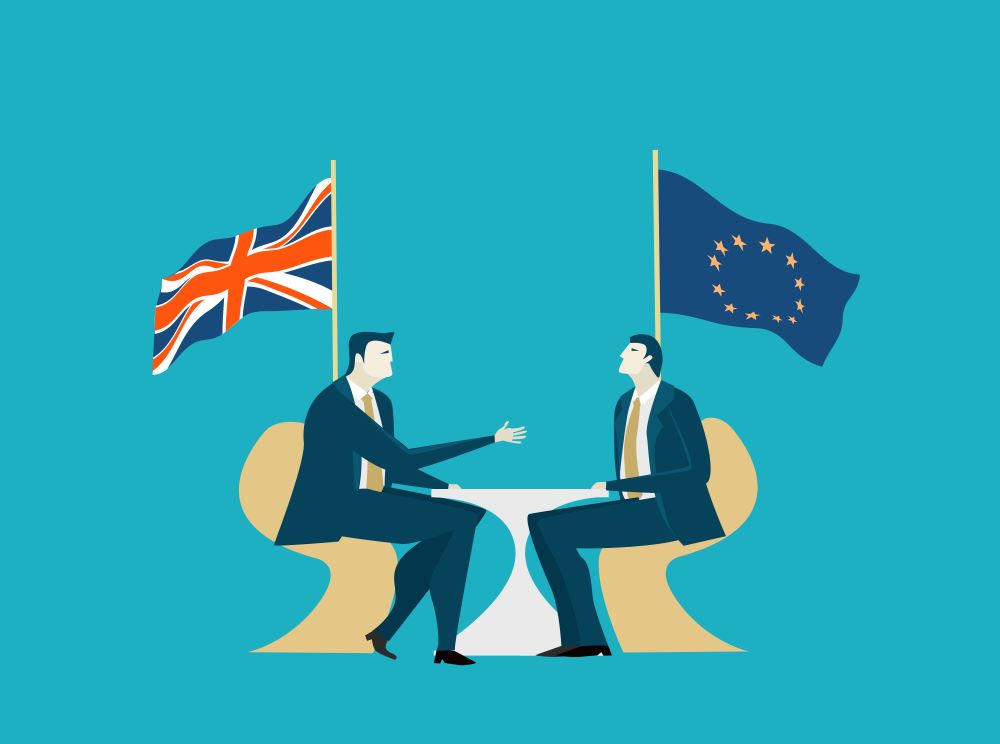
The EU has welcomed a “change of tone” in discussions with the UK over the Northern Ireland Protocol and said a breakthrough on medicine supply could be close.
European Commission vice president, Maros Sefcovic, emerged from his meeting with counterpart Lord Frost on Friday saying an agreement on medicines passing from Britain to Northern Ireland could be agreed this week.
The Telegraph reports Sefcovic vowed both sides would focus like “a laser beam” on getting a breakthrough on medicines. After that, other trade issues such as SPS checks can follow, with problems being solved issues “one by one” he said.
Still differences
Sefcovic praised Britain for dialling down threats to trigger Article 16 of the protocol.
“I welcome the change of tone in discussion,” Sefcovic said.
It wasn’t all sweetness and light though as Sefcovic admitted there were still differences and called on the UK to “reciprocate the big move the EU has made”, adding that “serious headway” needed to be made in talks next week, reports Sky.
The EU has responded to British proposals to change the protocol, which it says is disrupting trade, with proposals of its own to cut checks on retail agri-food products arriving in Northern Ireland from Great Britain by 80%, along with a 50% reduction in customs documentation.
Back to Brussels
Further talks are due this week in Brussels, with particular attention to medicines and customs issues. Frost and Sefcovic will meet again at the end of the week to consider progress.
The BBC explains that the protocol means Northern Ireland is still in the EU’s pharmaceutical regulatory system.
Most of its medicines come from Great Britain which is outside the EU’s system, which has led to potential supply problems which have prompted some firms in GB to indicate they will stop supplying products to NI.
The EU acknowledges that the protocol creates too much of a burden in this area and should be changed.


